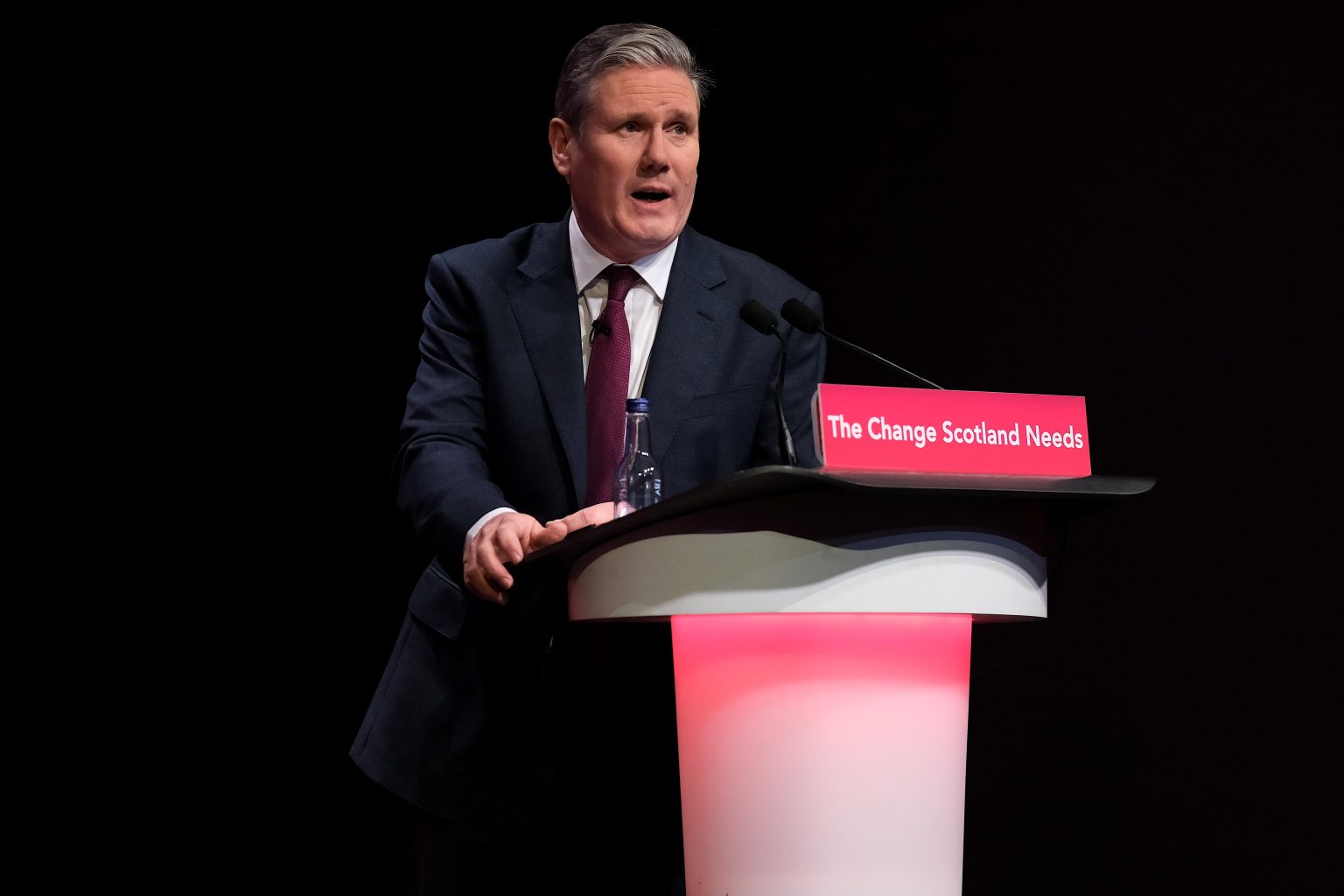Prime Minister Sir Keir Starmer has set the stage for a “fiscally realistic” Budget announcement, signaling plans to raise taxes to rebuild public services without resorting to austerity. Speaking in Birmingham ahead of Wednesday’s reveal, Starmer emphasized his government’s commitment to protecting “working people” from significant tax burdens, even as tough decisions lie ahead. He also outlined specific measures, such as a new £3 cap on bus fares and a £240 million fund to boost employment, while addressing criticisms from opposition leaders and economists regarding Labour’s approach to taxation.
Embracing “Fiscal Reality” for a Sustainable Budget
In his address, Starmer outlined the stark choices facing his administration, noting that “better days are ahead” but only if the country confronts its financial realities head-on. He emphasized that the government’s Budget will prioritize fiscal responsibility to “prevent devastating austerity” and build resilient public services. “This is not 1997 when the economy was decent but public services were on their knees,” he remarked, adding, “And it’s not 2010, where public services were strong, but the public finances were weak. We have to deal with both sides of that coin.”
Starmer indicated that while tax increases are inevitable, they will be carefully structured to ensure that “broader shoulders” bear the heavier load. His administration is reportedly focusing on raising the employer National Insurance rate (NICs) and extending the freeze on income tax thresholds, policies aimed at generating revenue without directly impacting working people’s paychecks.
Labour’s Election Promises Under Scrutiny
Labour’s planned tax policies have already sparked controversy, with opposition parties accusing Starmer of backtracking on key campaign promises. Labour’s election manifesto explicitly vowed not to raise taxes on working people, ruling out increases in VAT, National Insurance, and income tax. However, critics argue that raising employer NICs indirectly affects workers by increasing costs for businesses, which could lead to lower wages or hiring slowdowns.
Paul Johnson, head of the Institute for Fiscal Studies, voiced concerns that employer NIC increases would be “passed through to working people” as businesses absorb the cost. Additionally, the anticipated extension of the freeze on income tax thresholds, or “fiscal drag,” could pull more workers into higher tax brackets, increasing their effective tax burden without explicitly raising rates.
Addressing Criticism and Calls for Alternative Tax Solutions
Opposition leaders have not held back, challenging Labour to uphold its promises. Conservative shadow science secretary Andrew Griffith accused Labour of “essentially lying to the British people,” criticizing the government’s plans as a hidden tax burden on workers. Griffith likened Labour’s tax approach to “the worst form of dodgy car hire firm, conjuring up small print that never existed.”
Liberal Democrat leader Sir Ed Davey echoed these concerns, urging the government to avoid placing additional tax burdens on “families and small businesses already suffering from past Conservative tax rises.” Instead, he called on Labour to look to “big banks, big tech companies, and the oil and gas giants” for increased revenue.
Starmer’s Vision: Protecting the “Golden Thread” of Working People
Throughout his speech, Starmer maintained a strong focus on safeguarding the interests of “working people,” whom he referred to as the “golden thread” of his administration’s agenda. He assured that his government would “protect the payslips of working people,” even as it makes difficult budget decisions. Starmer directly addressed the public, declaring, “The working people of this country know exactly who they are,” emphasizing his intent to shield them from disproportionate tax hikes.
Acknowledging potential backlash, Starmer challenged critics to identify alternative measures, stating, “The time is long overdue for politicians in this country to level with you, honestly about the trade-offs this country faces.” He underscored the need for transparency in governance, promising a balanced approach that does not compromise public services for lower tax rates.
Economic Realities and Future Spending Plans
To tackle the nation’s economic challenges, Labour’s Budget will reportedly include adjustments to taxes on asset sales, such as property and shares, and a re-evaluation of debt rules, potentially freeing up capital for infrastructure projects. By diversifying the tax structure, Starmer aims to reduce the deficit while reinvesting in essential services.
Economist and former Bank of England governor Lord King of Lothbury weighed in, suggesting that the notion of sparing working people from tax hikes was “a terrible illusion.” According to Lord King, “You can only raise significant amounts of money by raising taxes on most people.” His comments reflect a broader consensus that meaningful fiscal reform inevitably impacts a wide range of taxpayers.
Sir Keir Starmer’s Budget reflects an ambitious attempt to steer the U.K. through a complex economic landscape by balancing tax reforms with strategic investments in public services. As Labour faces scrutiny over its campaign promises, Starmer’s commitment to “fiscal reality” and transparency signals a departure from easy answers in favor of sustainable solutions. The Budget announcement on Wednesday will likely spark debate, but for Starmer, it’s a necessary step to “prevent devastating austerity” while fostering growth in a challenging financial climate.


